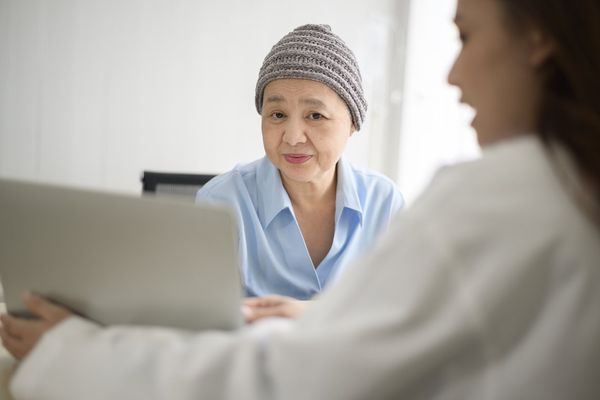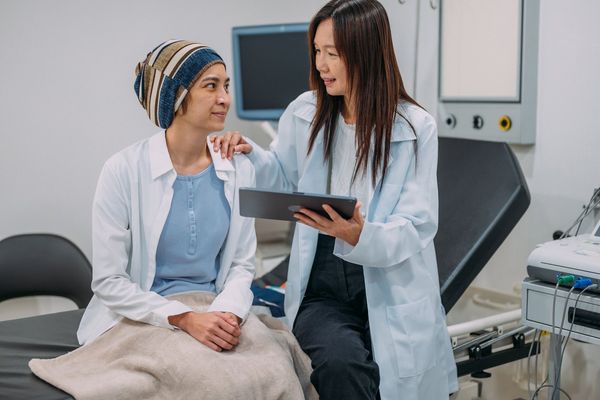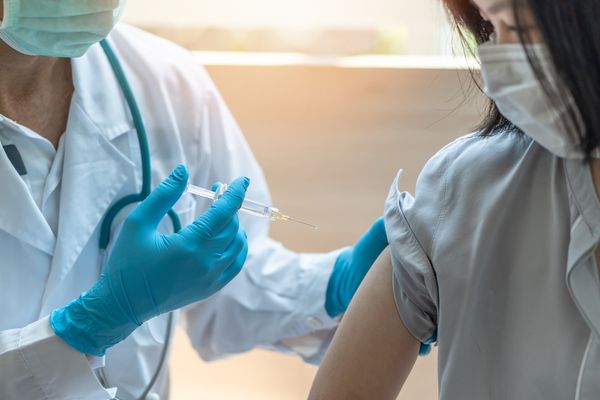Q:
I'm interested in enrolling in a clinical trial for breast cancer treatment. Can you explain to me how one works, what might be available and what I can hope to gain from it?
A:
I am so glad to hear you're interested in clinical trials. Without clinical trials, the progress that has been made to better diagnose and treat breast cancer, and improve survival wouldn't have been possible. That's because new treatment approaches must undergo testing in people to prove their merit before they are approved and widely accepted by health care professionals. Clinical trials have resulted in a host of safe and effective therapeutic tools to help fight breast cancer (and many other diseases). They also have identified new medicines or combinations of therapies may cause more harm than good.
Patients decide to enroll in clinical trials for a variety of reasons. Some may decide to join a clinical trial to receive a new, investigational treatment because they are no longer responding to current therapies. Other patients want to contribute to medical research. Still others want access to new treatments that are otherwise unavailable, but which they hope will work better than the current standard. All too often people think that clinical trials are only for individuals who have failed all conventional therapy and ONLY clinical trials are left. While trials are available for such patients, newly diagnosed patients also are candidates for clinical trials and should carefully consider that option. Whichever is the case, patients' health is closely monitored throughout a clinical study and, sometimes, taking part in a study can mean access to state of the art medical care.
If you're interested in participating in a study, it's important to speak with your oncologist to learn more and find out whether there are any trials in your area for which you might be eligible. Many studies have inclusion criteria—a list of conditions you must meet to be considered for participation. These help researchers select a narrowly defined, comparable group of patients. For example, researchers may want to study a specific treatment in women who are postmenopausal, or in those who have undergone lumpectomy, or perhaps in women whose breast cancer has spread (metastasized) to other areas of the body.
Many community clinics and doctors' offices have started participating in clinical trials to allow participants to enter studies close to home, thus, avoiding the costs and burdens of travel to major cancer centers; however, this is not always the case Either way, it's important to do your homework. There are several online searchable databases that you can use to match your situation to trials currently enrolling patients. These include:
- National Cancer Institute, 1-800-4-CANCER, www.cancer.gov/clinicaltrials
- CenterWatch Clinical Trials Listing Service at www.centerwatch.com
Clinical trials are rigorously designed and are conducted in phases:
- Phase I trials are usually small studies to assess a drug's safety and to discover what, if any, side effects result.
- Phase II trials are larger than Phase I studies and, again, look at safety, but also gather data on efficacy.
- Phase III trials are the make-or-break tests of the treatment's efficacy, benefits and adverse effects in a specific patient population. Because Phase III trials are so much larger than other studies (several thousands of patients), they provide the best data on overall effectiveness and safety of the treatment in the general population. They are also available in many communities and allow patients to have greater support from family and friends.
- Phase IV trials are conducted after the FDA grants marketing approval.
There are some potential risks associated with clinical trials. The treatment may have side effects or produce adverse reactions. You may be assigned to the group receiving the standard of care, or you may receive the experimental treatment but not derive any benefit. In some cases, you may have some added inconveniences, such as frequent trips to the study site, hospital stays or difficult or uncomfortable procedures, depending on how the trial is designed. Participation in clinical trials isn't always free, so be sure to find out whether your health insurance will cover related costs.
Bottom line: Be sure to learn all you can and weigh your options before enrolling in a clinical trial.






